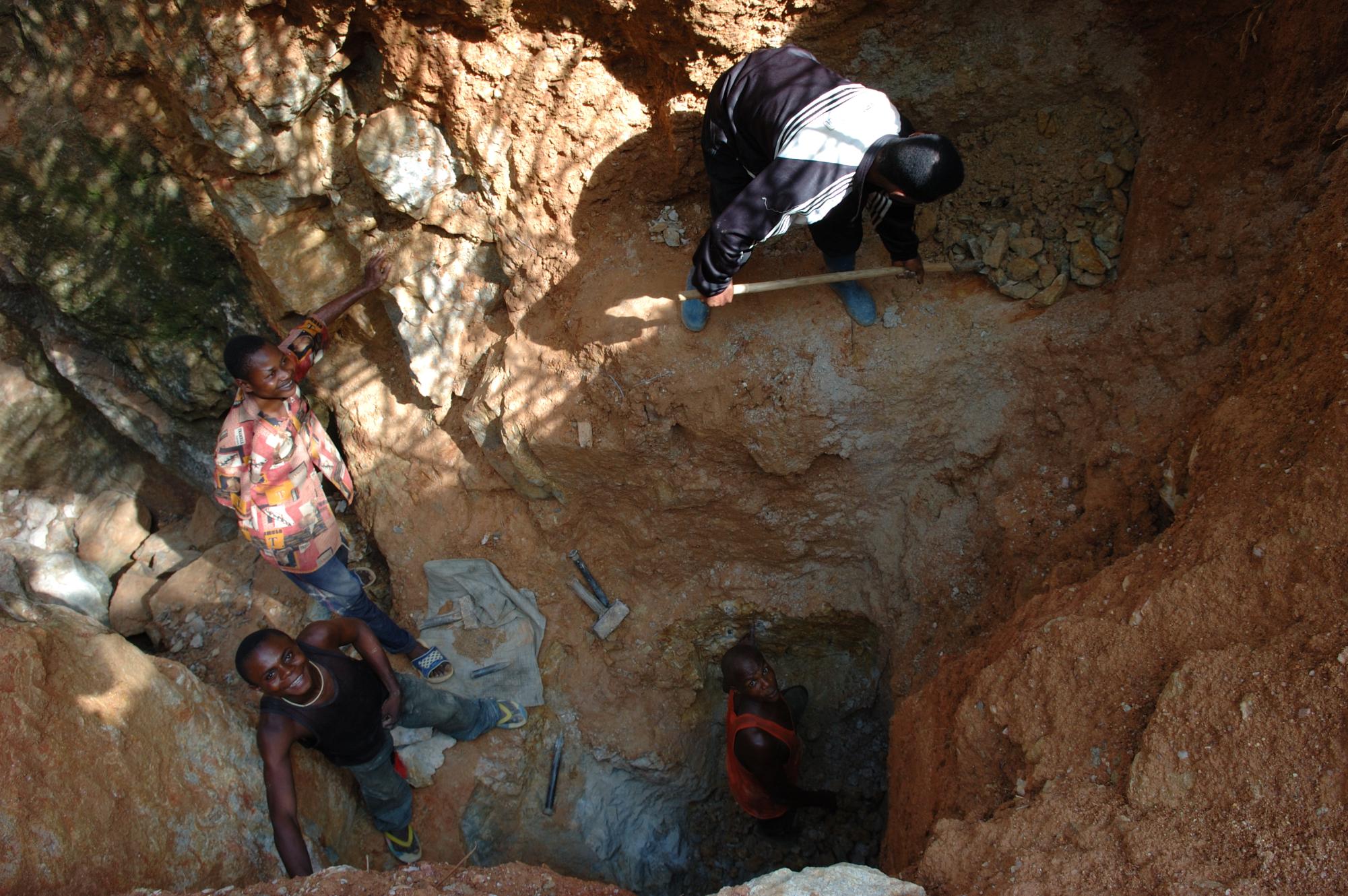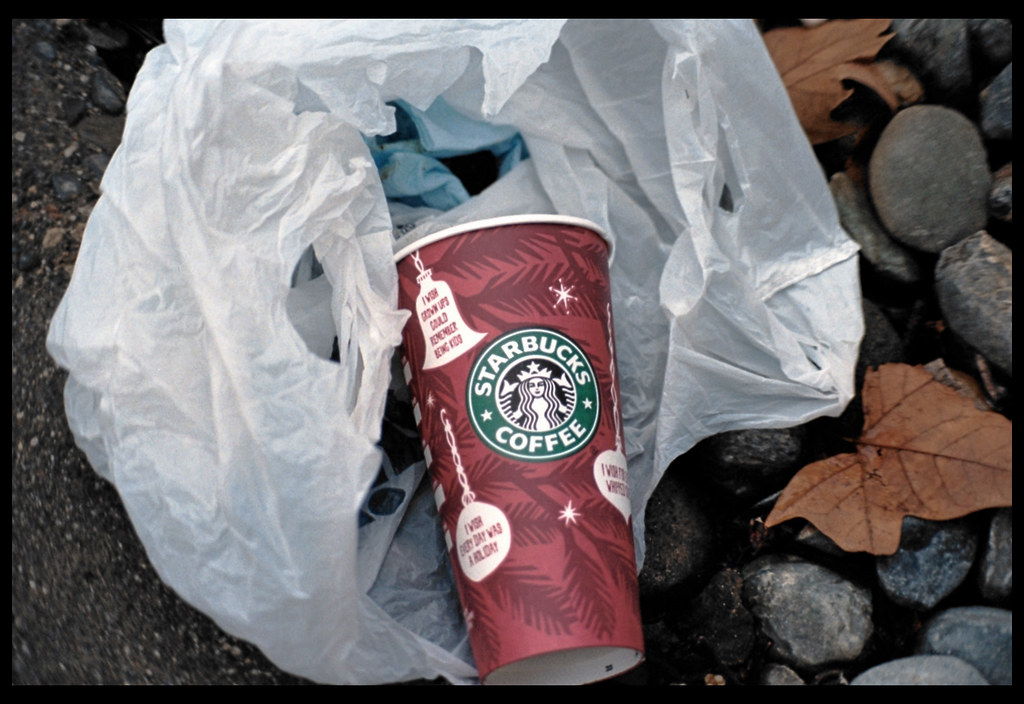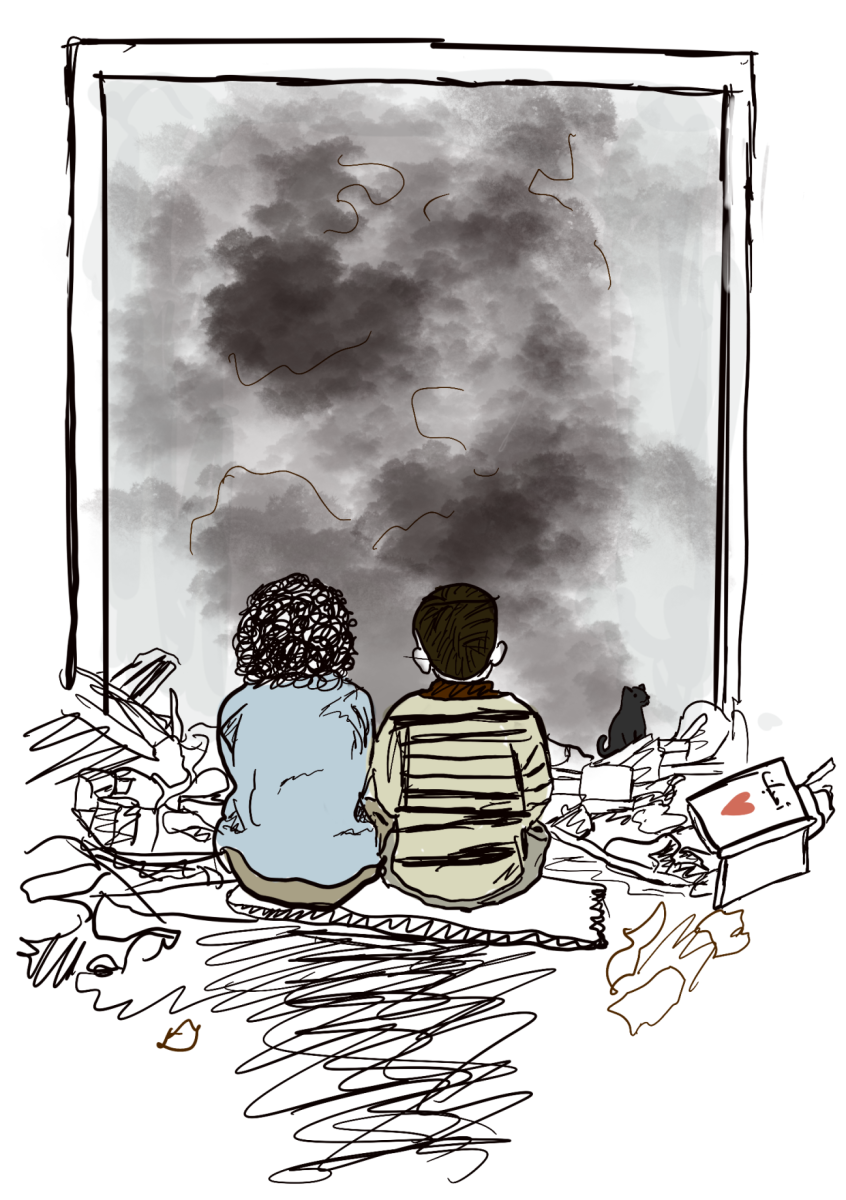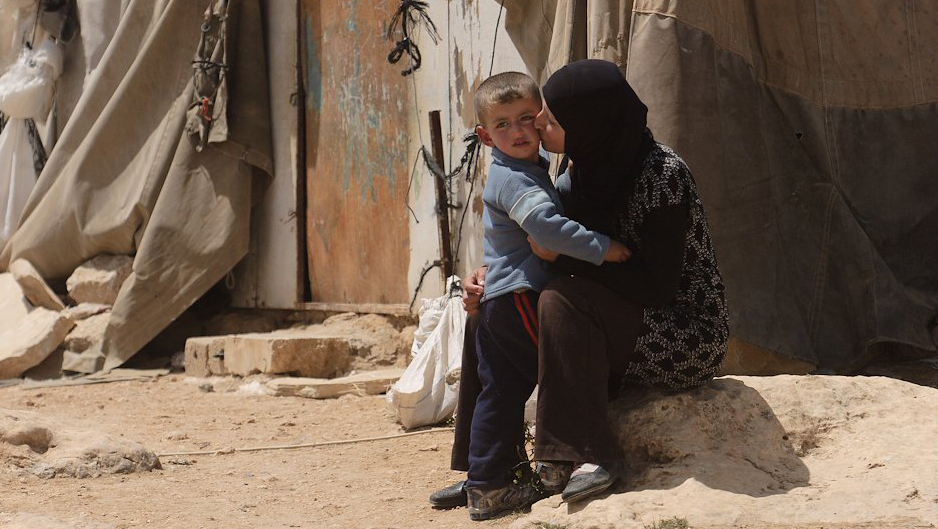Everyone has struggles. Sometimes it’s a petty argument where people scream and shout. Sometimes, no matter how loud someone is, or what they’re going through, no one hears them.
During the several months the dystopian reality of Palestine has taken over mass media platforms, people have been trying to take time to educate others on conflicts in the Democratic Republic of Congo (DRC). This African country has been falling victim to corrupt political power for over a century. Many are referring to it as a silent genocide, including the man who took a video of him setting himself on fire.
Congo is home to a large percentage of the world’s natural resources, specifically 70% of the world’s cobalt. On paper, this makes Congo “one of the wealthiest countries in existence” while in actuality, most Congolese are extremely poor. This has many causes, but primarily because of European settlers. In 1908, King Leopold colonized the DRC. He, like many other monarchs and European powers at the time, took advantage of the scramble for Africa by capitalizing on the DRC’s resources. They later gained legal independence in 1960, still over the influence and control of foreign countries.
In the past decades, Congo has dealt with its fair share of war and brutality. For several decades, forces have been trying to strip Congo of its resources. There have been attacks and displacements of millions of families. Over 6.1 million people have experienced displacement from their homes, and many more beaten, abused, and forced to inhale toxic chemicals. This horrific sight of children and eight-month-pregnant mothers slaving away in worsening conditions isn’t the only raging issue Congo faces. Forty-eight women and girls are raped every hour in the Congo. Not only adults are being dragged into this horrific crime, this also affects children who have already been ripped away from their families, making them them endure yet another tragedy. This statistic doesn’t included the unspoken for, those who weren’t in the estimate, boys or men.
A regular day in the DRC looks like climbing down 65 feet with your bare hands through makeshift tunnels and a headlamp. All to have people see stacked on top of you waiting for you to hand them a portion of the newly mined cobalt.. Militant forces have been sent by Western powerhouses such as the United States to enslave the Congolese to mine cobalt from their land. Even Pope Francis chimed in. “Terrible forms of exploitation, unworthy of humanity and of creation… stop choking Africa: It is not a mine to be stripped or a terrain to be plundered,” Pope Francis said.
This isn’t just strong young men being put to work in dangerous mines; it’s also women (including expecting mothers), young children, and the elderly. 46% of the DCR’s population are ages 0-14, around 51,737,258 children, who are homeless, hungry, and forced to work with their bare hands. People are put to work with or without clothes or shoes, no breaks, no food, no water—only a dusty, hard-to-breathe-in, deadly mine where they are forced to inhale raw dangerous chemicals and rocks.
The mineral cobalt is known for its toxic makeup as well as its beautiful color, and while microplastic might be readily available within most American diets, cobalt causes some major birth defects and illnesses. This includes but is not limited to cancer, thyroid disease, neurological damage, respiratory damage, moderate to severe skin rashes, and dermatitis. In places like the DRC where most of the population is on or under the poverty line, they are not able to afford medical care for these ailments, as well as other basic necessities, especially food and clean water. Their scarce availability of jobs have left them with two options, starvation or $3.50 an hour.
The cobalt mined in Congo are largely used in phones, laptops, e-cigarettes, both nicotine and THC, electric cars, various dyes, stainless steel, and even pottery glazes. While while some of these items are necessities in modern day life and you can’t avoid a complete boycott from all cobalt products, upgrading your phone or tablet every time a new one comes out isn’t a necessity, it’s actually killing anywhere between up to two-thousand people a year, and some researchers predict it might be even higher. This isn’t calling for you to drop your entire life, stop using your appliances, or throw away your MacBook. Actually the best way to help is to use what you have until you can’t anymore and instead of throwing it away, give it to a device recycling center.






